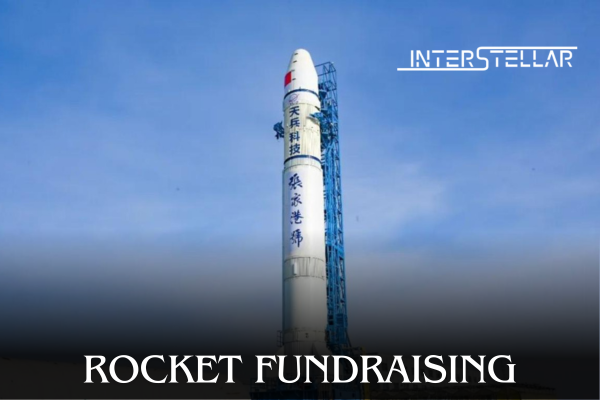Beijing-based rocket developer Space Pioneer announced on Thursday the completion of a significant fundraising round, securing over 1.5 billion yuan ($207 million). This funding will support the development of its reusable rockets.
Fundraising Success
Space Pioneer, also known as Beijing Tianbing Technology Co, is part of a select group of private-sector rocket developers. These companies are growing rapidly, driven by the Chinese government’s ambition to become a major space power. Since its inception in 2019, Space Pioneer has raised more than 4 billion yuan across 15 financing rounds.
Upcoming Projects
The recent funding, sourced from a combination of private equity and state-backed venture capital firms, will finance the first flight of the Tianlong-3 rocket and its mass production. In April 2023, Space Pioneer launched the Tianlong-2, also known as “Sky Dragon,” becoming the first private Chinese firm to send a liquid-propellant rocket into space.
The Tianlong-3 is designed to be reusable, which could significantly reduce mission costs for clients. According to a statement on Space Pioneer’s official WeChat account, the company also plans to develop a larger variant of the Tianlong-3, similar to SpaceX’s Falcon 9.
Strategic Importance
The Tianlong-3 will play a crucial role in developing China’s satellite constellation. It will be capable of launching up to 30 satellites into orbit at a low cost. This capability is particularly important as China faces concerns over SpaceX’s Starlink satellites’ dominance in low Earth orbit.
China currently has a few hundred satellites operating between 160-1,000km from the Earth’s surface. In contrast, Starlink has several thousand satellites in this range. Both state-owned enterprises and private-sector developers in China have been working to close this gap. Plans are already in place to launch thousands of low Earth orbit satellites in the next decade.
Enhancing Competitiveness
“The construction of low-orbit satellite giant constellations has become a new focus of international space exploration,” Space Pioneer said. “The rise of commercial liquid-propellant rockets in China is imperative.”
The development and mass production of the Tianlong-3 rocket are expected to enhance China’s competitiveness in the era of large-capacity space missions and accelerate the construction of China’s satellite Internet constellation.





